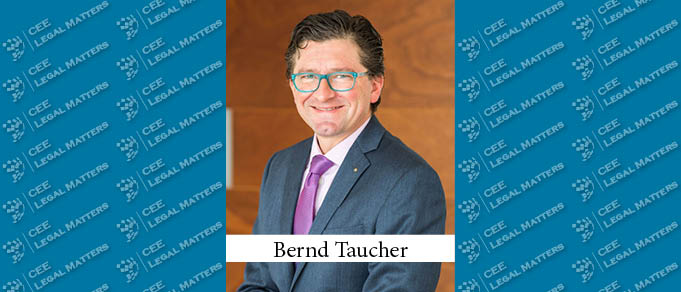In a recently published decision (OGH 4 Ob 145/21h) the Austrian Supreme Court ruled that an auditor who neglects due diligence and therefore issues an incorrect audit opinion shall be liable for damages to a third party who relies on the correctness of such an audit opinion and suffers damages resulting from such reliance.
In the case at hand the defendant served as an auditor for a bank for the financial years 1999 to 2005 and issued unqualified audit opinions for each of the annual financial statements during that period. The claimant was seeking EUR 2 million in (partial) damages, essentially claiming that he entrusted the bank a term deposit of EUR 13 million in August 2019. Later on insolvency proceedings were opened against the bank and the claimant did therefore not get back the deposit. Had the plaintiff known that the annual financial statements had been massively falsified at least since 1999, he would not have invested money in 2019. Applying a diligent audit the auditor should have been able to recognize the balance sheet malversations and should have issued negative audit opinions. A negative audit opinion would have resulted in the authorities prohibiting the bank from doing any further business, insolvency proceedings would have been opened against the bank.
The Supreme Court at first held that the claim was not time-barred. The limitation period for damages merely negligently caused by an auditor commences upon occurrence of the primary damage. For claims submitted by third parties this is the disposition of assets caused by the audit opinion. A claim for damages asserted by way of action in the year 2020 is based on the loss of an investment made in 2019. Accordingly, the statute of limitations could commence to expire at the earliest with such disposition of assets in 2019, irrespective of the time at which the audit opinion had been issued.
Furthermore, the Supreme Court pointed out that the auditor's agreement with the bank is a contract with a protective effect in favour of third parties since such an audit has to comply with mandatory legal requirements. Due to these requirements the information of third parties that is intended with the publication of the audit opinion becomes part of the agreement. This protective effect covers (potential) creditors of the audited bank who are to be addressed by the publication of the auditor's report and who then may assume in their economic dispositions that the accounting, annual financial statements and management report of their (potential) debtor comply with statutory provisions in the auditor’s professional opinion. The group of persons addressed by such an audit opinion and the associated potential liability of the auditor are thus limited.
An auditor neglecting to exercise due care and therefore issuing an incorrect audit opinion becomes liable to third parties who rely on the steadiness of such an audit opinion and suffer damages resulting from such reliance. Such a reliance may not only be created by knowing the particular audit opinion, but is also conceivable in the case of advice if the advice, which had a positive effect on the investment decision, was influenced by the issued audit opinion. However, this presupposes that the advisor was aware of the audit opinions or otherwise learned of their issuance. The claimant may also rely on such indirect knowledge of an audit opinion on which he relied in his disposition.
By Bernd Taucher, Partner, PONTES
